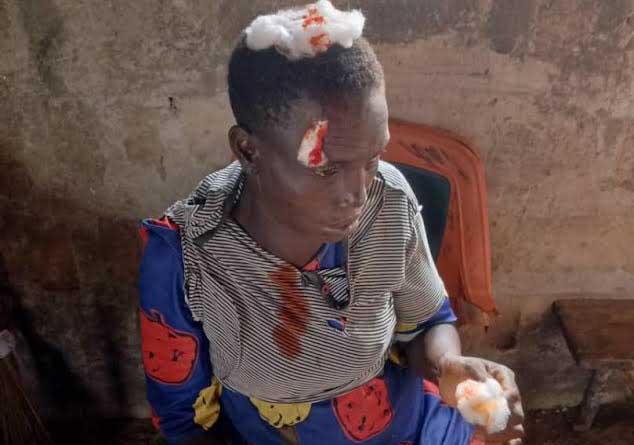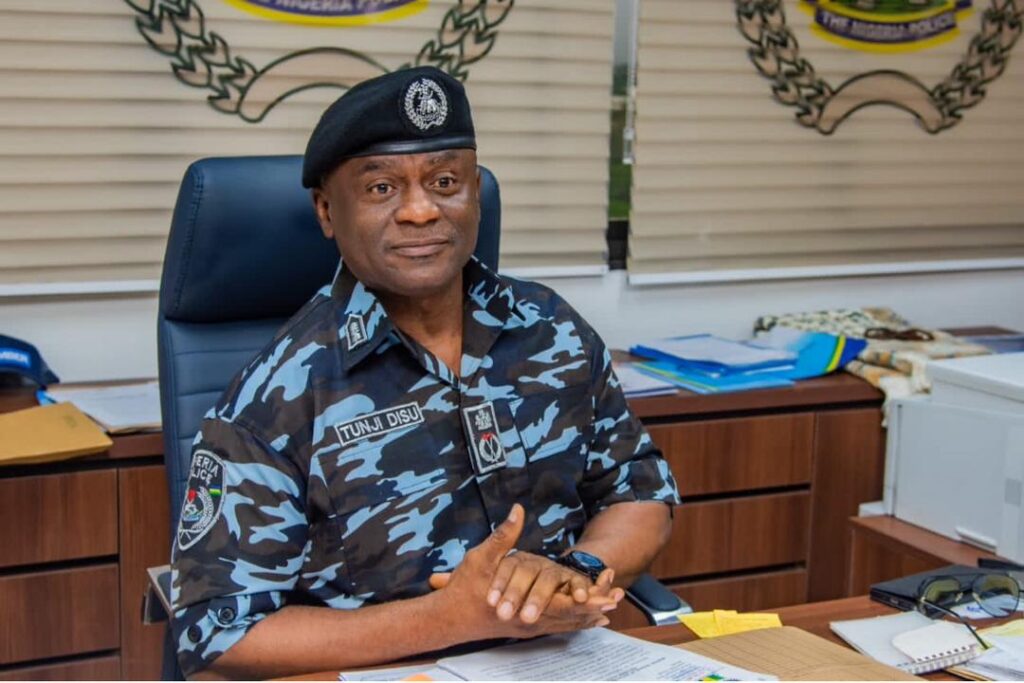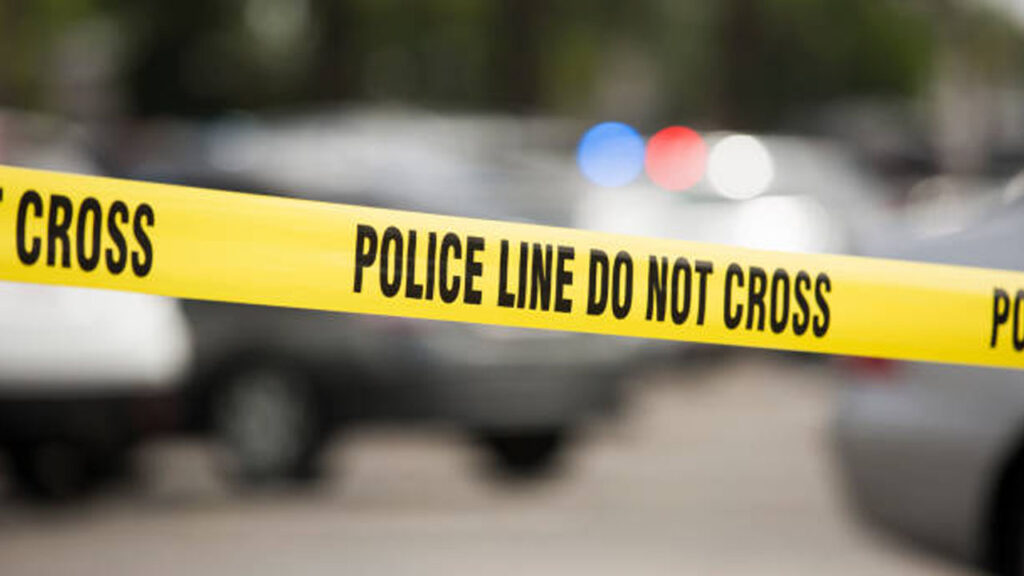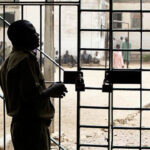
These are not the best of times for residents of the crisis-ridden Okuoma and Okoloba communities in Bomadi Local Council of Delta State.
The residents are struggling with hunger and malnutrition exacerbated by the killing of 16 military personnel by suspected youths, which led to the invasion of the communities by irate military officers.
Consequently, many families have been displaced and forced out of the communities.
While few are stranded, others have lamented serious acute food crises and impending epidemics because of lack of basic essential amenities.
The Guardian gathered that military gunboats are still stationed in the communities with heavy military presence in the area, therefore hindering surviving individuals from coming out.
Most displaced persons, especially women and children have no resources or food to navigate through the period as shops have remained closed, without access to the markets and river as the exit and entrance channels have been blocked.
Before the crisis, a lot of Nigerians were facing severe hardship due to the national economic crisis but the humanitarian crisis in the warring communities has been aggravated by the incident.
It was learnt that people are staying for days without food as they could no longer go to the farm nor to the river to fish.
Access to water supply services was also affected, including health care services.
Confirming the development, chairman of Okolobo Community, Chief Clement Koki, said: “There are about five to six military gunboats on patrol everywhere in the creeks.
“Many people have fled from their houses to unknown locations, but there are few that are still in Okoloba and the people remaining cannot access anything.
“No access to the market, shops are closed and you cannot move to a neighbouring community to get food for your family because all entrance and exit channels have been blocked. The hunger alarm in the community is unbearable.
“The hunger has multiplied since this crisis because Akwagbe market and Bomadi Markets are our major markets where we get food items, drinks, water and provisions but no access to such places.
“With the presence of the Military in the river, there is no means of transportation anymore. No movement of engine boats, no movement of Speedboats and you can not even try with hand pulling boats.
“So many people have run out of food. For instance, those that ran away could not run away with a bag of garri on their head. We are in touch with some of them. So, things are extremely difficult with our people.”
Koki explained that before the invasion of the soldiers, the women used to go to the river to fish, as well as the farm farm but “they can not go to any of these places anymore.”
Also, a woman in Okuoma community, identified simply as Mrs Patience, said: “Since we were born, we have never been subjected to this type of crisis situation.
“We stay for days without food because there is no money to buy, no where to buy and no one to borrow from. Life is becoming so unbearable because people are forced to eat leaves to survive.”
The Guardian gathered that the Nigerian army was infuriated by the mindless killings and dismembering of their personnel who went to the communities for consultation and possible peace meeting.
It was reported that the killers also made away with the arms and ammunition of the personnel after they were assassinated and their bodies littered along the NDDC jetty and river banks.
“They cut off their heads, tore their stomachs, removed the intestines and private parts. Majority were also beheaded. That is the anger you see in the military team. Some of the officers are breadwinners in their families,” Chairman of Okoloba Community told The Guardian.
Chief Koki said the communal conflict been before his grandfather was born because the Akugbene community took the Okuoma to court and judgment was given to Akugbene in 1945 that the Okuomas are tenants to Akugbene but for the fact that they have spent over two hundred years, government can not evacuate them and then they should give them 6 square kilometres of land from Kalakiloba.
Koki noted that the renewed crisis started after a peace meeting in Delta State Government House on February 7.
He said: “The meeting was headed by Chief Edwin Uzor, special adviser to the governor on peacebuilding and conflict resolution, in his office. The CP was represented, DSS was represented and the two divisional police officers were represented.
“The two House of Assembly members were at the meeting including the council chairmen. We signed a peace accord and an undertaking that everybody should go and withdraw their sword.

“But on March 5, 32-year-old Zipamo Piya went to the farm and did not return. We searched for him, went to the farm and couldn’t find him. We reported it to the authorities. The father’s family made a move to the Joint Military Task force (JTF) and complained that their son was missing. JTF told them that there was no fuel, it is like they struggled and got fuel two days after.
“JTF came in a peace movement on March 9. A fisher woman who was fishing the river came and told the community that they saw a floating corpse and the corpse’s hands were bound to the back.
“The community chairman ordered people to go and see what was happening and when they got there, it was the boy that was declared missing. The boy was tied with a caked bag of cement. As they brought the corpse to the Waterside of Okoloba, we saw the JTF team and when they saw it, they were bitterly angry,” he narrated.
Reacting, an indigene of Okuoma who pleaded anonymity said the allegations were untrue and baseless.
However, the Ijaw National Congress, (INC) collaborated with the narrative saying the fight between the two communities was as a result of land dispute.
INC in a statement by its spokesman, Chief Ezonebi Oyakemeagbegha urged the Federal Government to caution the military against reckless killing of innocent citizens across the Niger Delta region to avoid emergence of restiveness.
Meanwhile, the Chief of Army of Staff, Lt Gen Toareed Lagbaja in a statement by the Director of Army Public Relations, Onyema Nwachukwu, while commiserating with the families of the officers and soldiers who lost their lives, directed that no stone would be left unturned until the perpetrators of the gruesome acts are apprehended to face the full wrath of the law.













